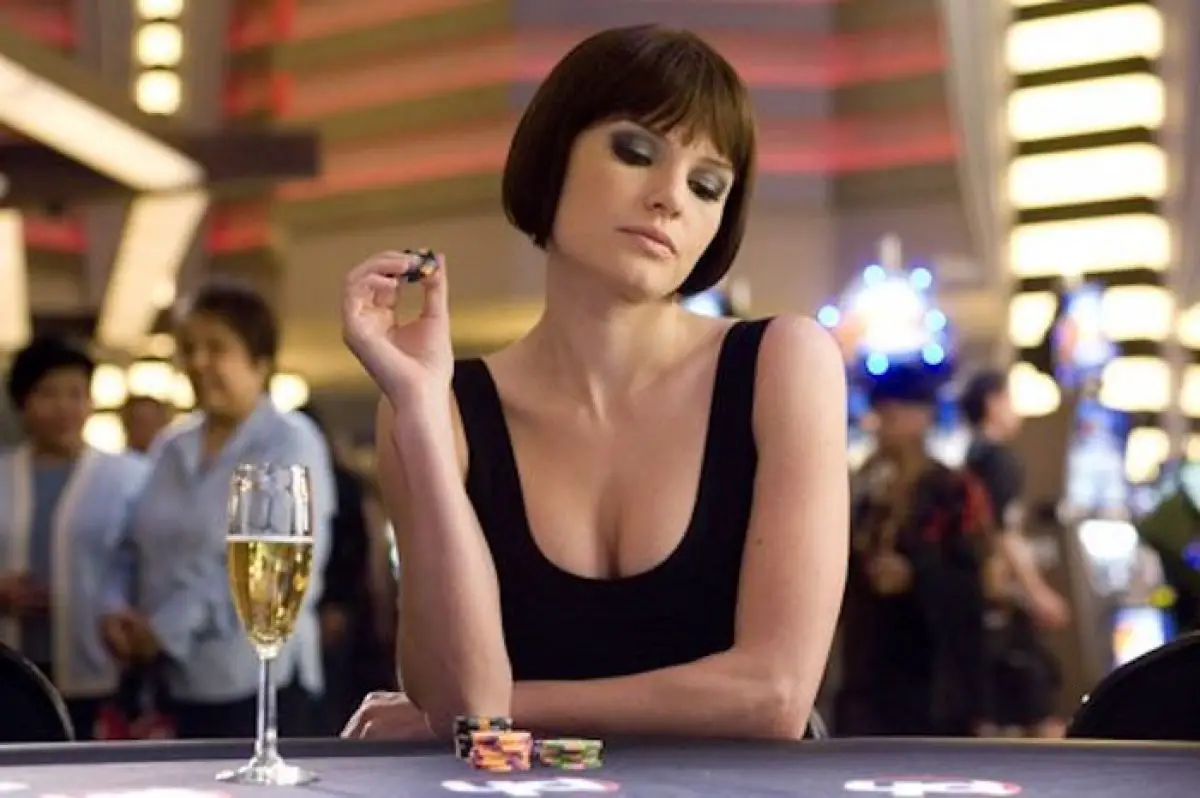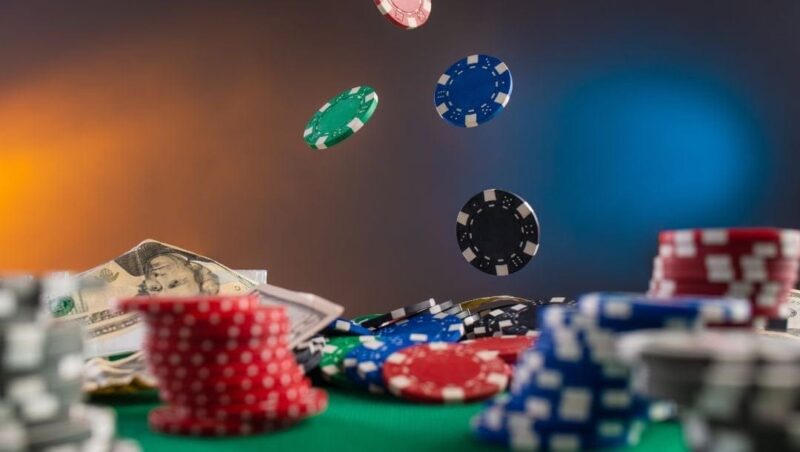In the dazzling world of casinos, where neon lights flicker and the sound of clinking coins fills the air, one might wonder: what truly influences success at the tables? The role of beliefs—both universal and deeply personal—stands as a pivotal factor in the game. Is it merely superstition, the relic of a gamblers mind, or does it possess a more concrete impact on outcomes? From lucky charms and rituals to the unwavering confidence in ones instincts, these belief systems weave a complex tapestry that can significantly alter a player’s experience and decisions.
As we delve into the intricate realm where psychology meets chance, the question arises: are these beliefs merely myths concocted by the hopeful, or do they hold substantial sway over the fortunes that flow within casino walls? Join us on this exploration to uncover the truth behind the power of belief and its undeniable presence in the highs and lows of gambling success.
Introduction: Understanding the Intersection of Beliefs and Gambling

The world of gambling is intricately woven with the diverse tapestry of human beliefs, often influencing how players approach their fortunes. For many, the allure of a casino isn’t just about the games or the glitzy atmosphere—it’s steeped in personal convictions, superstitions, and the narratives we tell ourselves about luck and fate.
This intersection of belief and gambling goes beyond mere chance; it shapes strategies, bolsters confidence, and can even dictate the experience of winning or losing. Some players wear lucky charms or follow rituals that they believe can sway the odds in their favor, while others view the experience through a lens of skepticism, regarding it as a game of pure skill and chance.
In this exploration, we delve into how these varying beliefs about luck, fate, and strategy uniquely impact casino success, challenging the age-old question: Is it merely myth, or does belief hold a tangible reality in the unpredictable realm of gambling?
The Psychology of Gambling: How Beliefs Shape Outcomes

The psychology of gambling reveals a fascinating interplay between belief and behavior that can significantly influence outcomes at the casino. Many players enter a gaming floor brimming with superstitions, convinced that certain rituals or lucky charms might tip fate in their favor.
This mindset can lead to a striking contrast: while some gamblers thrive on the thrill of uncertainty, others are tethered to predictable patterns and routines. For instance, a player might always sit in the same chair at a slot machine or believe that a particular time of day is more auspicious for winning.
Such beliefs, no matter how baseless, feed into the gamblers experience, shaping their decisions and emotional responses. Understanding this dynamic not only sheds light on why people return to casinos but also highlights how deeply entrenched beliefs can mask the randomness inherent in gambling, ultimately reinforcing the cycle of risk and reward.
Myth vs. Reality: Common Misconceptions About Luck and Skill in Casinos

In the glitzy world of casinos, the allure of winning can easily blur the line between luck and skill, leading to a cacophony of myths that influence player behavior. Many believe that merely walking into a casino with the right mindset can tip the odds in their favor, while others swear by superstitions—like wearing lucky socks or tossing coins before making a bet.
However, the reality is far more nuanced. While luck undeniably plays a crucial role, especially in games of chance like slots and roulette, skill-based games such as poker reveal a different truth.
Here, knowledge, strategy, and an understanding of probability are your best allies. This distinction is often lost in the haze of flashing lights and celebratory cheers, where the thrill of chance can overshadow the preparation and practice required for success.
Ultimately, separating myth from reality is essential for anyone serious about navigating the unpredictable waters of the casino landscape.
Conclusion
In conclusion, the interplay between beliefs and success in casinos is a fascinating topic that merits deeper exploration. While many players cling to superstitions and personal beliefs about luck, skill, and strategy, the reality of casino outcomes often ties back to chance and mathematics.
The notion that certain beliefs can significantly influence one’s success remains a blend of myth and reality. Understanding the role of beliefs can help players approach gaming with a more grounded perspective, potentially enhancing their enjoyment while mitigating unrealistic expectations.
Additionally, features like no deposit bonuses offer a unique opportunity for players to engage with the casino experience without financial risk, allowing them to explore these beliefs in a more controlled environment. Ultimately, while beliefs can color our experiences, the unpredictable nature of casino games continues to reign supreme.



